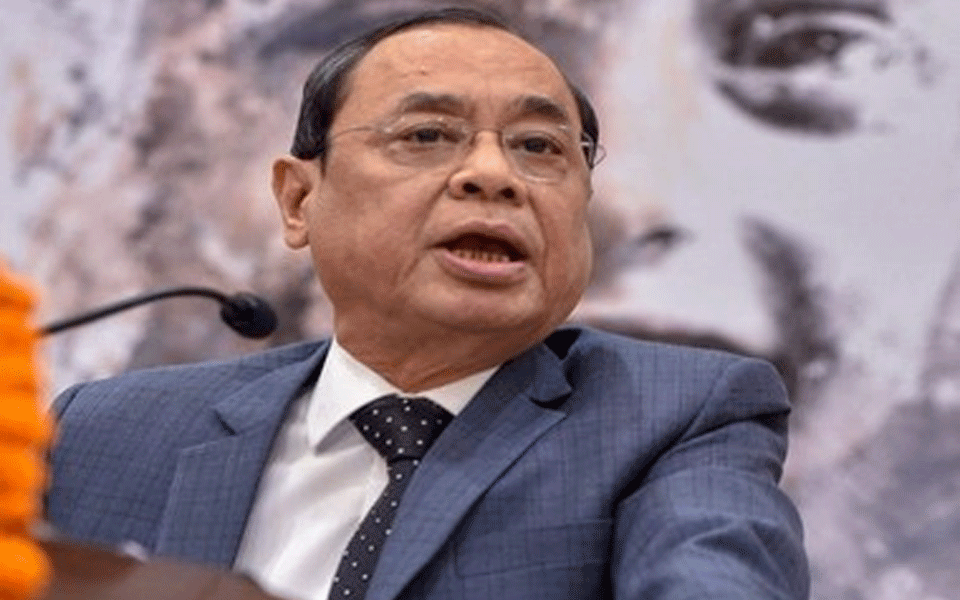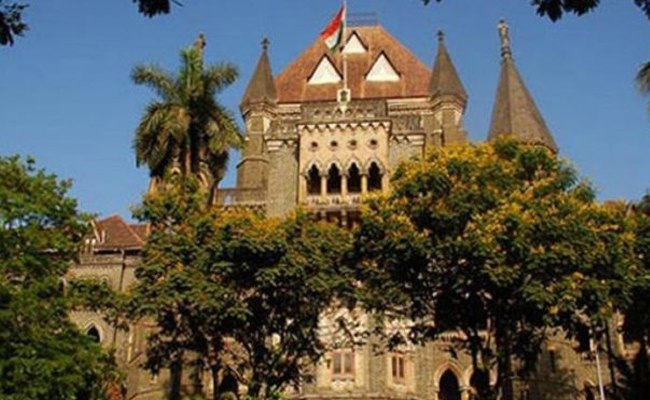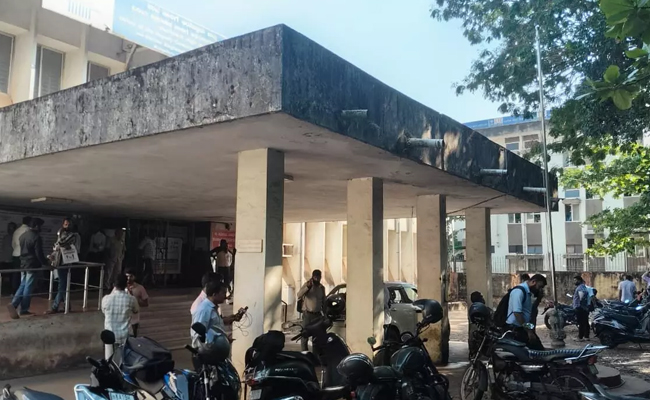New Delhi, July 28 : Justice Ranjan Gogoi - the seniormost judge of the top court after Chief Justice Dipak Misra - on Saturday dismissed the suggestion for fixed tenure of the Chief Justice of India so as to give them enough time to push the reforms in the judicial system.
Addressing the issue of fixed term, he said that in judiciary when it comes to elevation of judges, there are some norms, particularly seniority and it may not be a good idea to deny a person the chance of becoming CJI merely because his tenure would be short.
The problem in pushing reforms is not with the length of the tenure as CJI - whether short or long - but with the change in priorities with the change of CJIs, Justice Gogoi said priorities once set had to be consistently adhered to by the successive CJIs.
"Problem does not lie with the short tenure. Problem lies with the change of priority with the change of Chief Justice. We must have consistent policy. Tenure does not matter," he said, responding to the suggestion of fixed tenure for the CJIs by Prof N.R.Madhava Menon - former Vice Cancellor of National Law School of India, Bengaluru.
Citing the fixed tenure of the Cabinet Secretary, service and police chiefs, Menon advocated a fixed tenure of CJIs, wondering what would happen to the defence of the country if service chiefs were to have short tenures running into a few months.
Addressing the number of issues that emerged during day long deliberation on "National Initiative to Reduce Pendency and Delay in Judicial System", Justice Gogoi said there "was no radical solution of the problem of the huge backlog of over three crore cases. They will not disappear overnight".
It is a "gradual process with a multi-pronged approach and acting immediately on the solutions that have emerged in the daylong deliberations", he said, apparently urging the High Court judges and judicial officers to get on with the task.
Addressing the issue of vacancies, Justice Gogoi said that the vacancies in the High Courts can be taken care of by the CJI and his team but the cause of concern was 5,984 vacancies in lower judiciary with Uttar Pradesh with 1,344, Bihar with 825 and Madhya Pradesh with 748 vacancies topping the list.
Pointing to the long time that is taken in the recruitment of judicial officers in different states, and urging to look at the issue with a different perspective, he said: "What we are looking for is that a man or a woman has outstanding merit and ability, utmost integrity and of absolute commitment to work. Three qualities I would look for before a person becomes a judge."
Referring to the report of a committee that had said that the entire process for the recruitment of judges in lower judiciary should be completed in 273 days, Justice Gogoi said that Delhi took 762 days, J&K took 900 days and Pondicherry did it in 99 days.
It can happen in 99 days, and "If you have a right man at right place (then) rest will follow", he said.
In his valedictory address, Chief Justice Misra, summing up the daylong proceedings, called for "self-discipline", "self enhancement" and "developing a culture of work atmosphere".
Not favouring ex-parte stay of the proceedings of the trials at lower courts, he said that they should be a "dated stay".
Saying that standing still was "negation of life", Chief Justice Misra said that the courts should decide the matters in a time bound manner while he drew distinction between enthusiasm, perseverance and obsession.
Dwelling on judicial statesmanship, judicial leadership and judicial discipline, he said that every case should be decided skilfully and lawfully with impose one's own views.
On judicial discipline, he said that lawyers should not be allowed to take court's time more than necessary.
Let the Truth be known. If you read VB and like VB, please be a VB Supporter and Help us deliver the Truth to one and all.
Panaji (PTI): The Bombay High Court on Monday converted a civil suit against Birch by Romeo Lane nightclub into a Public Interest Litigation (PIL) saying "someone has to be held accountable" for the tragedy in which 25 people were killed.In a stern observation, Goa bench of the High Court of Justices Sarang Kotwal and Ashish Chavan said the local panchayat had "failed to take suo motu cognisance" of the club and had taken "no action despite complaints."
The division bench directed the Goa government to file a detailed reply on the permissions granted to the nightclub.
The High Court, while fixing January 8 as the next date of hearing, pointed out that commercial operations were continuing in the structure despite it having been served a demolition order.
The original petition was filed after the December 6 tragedy by Pradeep Ghadi Amonkar and Sunil Divkar, the owners of the land on which the nightclub was operating.
ALSO READ: Veteran Congress leader Shamanuru Shivashankarappa laid to rest with full state honours
Advocate Rohit Bras de Sa, the lawyer representing the petitioner, was made amicus curiae in the matter and has been asked to file a detailed affidavit in the matter.
In their petition, Amonkar and Divkar highlighted "the alarming pattern of statutory violations that have remained inadequately addressed despite multiple complaints, inspections, show-cause notices, and even a demolition order".
They contended that these violations posed "immediate threats to public safety, ecological integrity, and the rule of law in the state of Goa."
Investigations by multiple agencies into the nightclub fire have revealed various irregularities, including lack of permissions to operate the nightclub.
The Goa police arrested five managers and staff members of the club, while co-owners Gaurav Luthra and Saurabh Luthra have been detained in Thailand after they fled the country.





